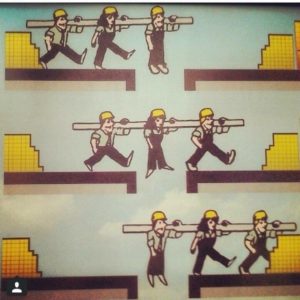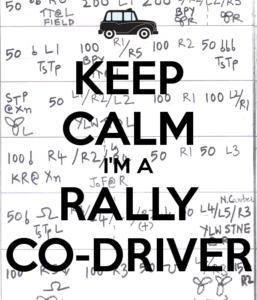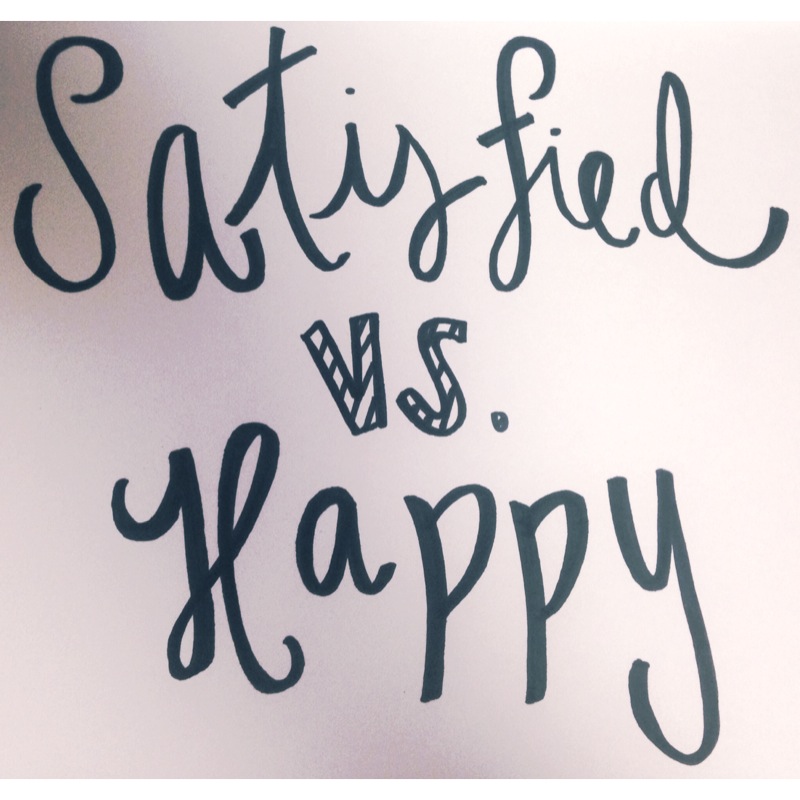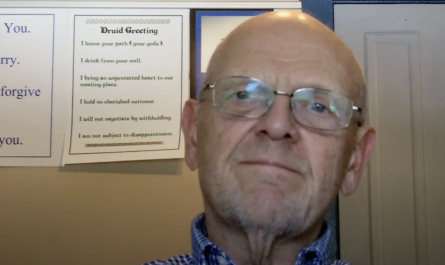 I’ve competed in car rallies for more than 40 years. This motorsport involves racing custom-built sports cars through unpaved or unruly public and private roads in all weather conditions. It occurred to me recently that the rally team—driver, co-driver, service crew, and car constructer—accomplishes much more if we work together in unity, when we’re doing well and even when we make mistakes. Those teams that lack trust, understanding, and camaraderie simply crash. The same concept applies to any professional or recreational team.
I’ve competed in car rallies for more than 40 years. This motorsport involves racing custom-built sports cars through unpaved or unruly public and private roads in all weather conditions. It occurred to me recently that the rally team—driver, co-driver, service crew, and car constructer—accomplishes much more if we work together in unity, when we’re doing well and even when we make mistakes. Those teams that lack trust, understanding, and camaraderie simply crash. The same concept applies to any professional or recreational team.
Let me explain.
I’ll start with trust. A rally driver must trust his co-driver’s navigation skills. A driver may be racing his car well over 100 miles per hour on a one-lane gravel road in the dark when he approaches a blind crest. His co-driver says, “Flat over crest,” which means he believes that there is no turn or condition over the crest that could endanger the team. The driver has a choice. He can either trust his instincts, which may indicate caution, or simply believe his co-driver. Believe that his co-driver is skilled and has the team’s best interest at heart. Not believing his co-driver may cost them the rally.
Does trust ever fail? Sure. People are human, and sometimes they fail. If the failure is intentional, then trust or belief in another person may wane. For example, in a rally, my wants are tied to achieving the team’s aspirations. If my co-driver believes his wants are more important or different from mine, then the road we are traveling together becomes dangerous. If his motivations are self-serving, the whole team suffers.
It’s much easier to forgive, move forward, and maintain a healthy level of trust if the failure is unintentional. Rally drivers and co-drivers do occasionally make mistakes. We’ve all been known to get our left and right mixed up. The proof is always in the post-race in-car video that clearly shows who caused the error. Fortunately, my drivers have always been skilled enough to cover my temporary confusion. We always survive, and we’ve never lost trust in each other.
Allowing trust to diminish in the immediate aftermath of a mistake invites tragedy. My team understands that blind trust in each other’s skills and intentions, with shared aspirations, is why we’re here. Trust can even improve after a smattering of failures when everyone realizes that the team members are skilled, their intentions are honorable, and they universally support the team’s goals. When we understand that, then trust can survive.
A team may have to experience errors and forgiveness to function well. Errors, recovery, and forgiveness can forge a team. Their stories may become legend and part of the culture as they explain themselves to others or new team members. Almost a decade later, I still hear my team members saying, “Remember when Kim blew the note call in 2008 and his driver took out the outhouse?” (True story!) It was too late for my driver to recover, so he tail-swiped a wooden outhouse at the apex of the turn. We won the rally, by the way.
Teams can grow stronger by recovering. Untested teams are vulnerable to cracking at the first potential break in trust if they haven’t experienced errors, analysis, and forgiveness. But when they do, teams can be cohesive, purposeful, and tolerant of the occasional H.I.C.C.U.P. (High-level, Interpersonal Communication Causing Unexpected Problems).
The road to successful team execution is not smooth. It requires us to occasionally let go of our Knower/Judger expectations and go back and try again. It’s easy to berate a team member for not living up to expectations. It’s more productive to analyze, reset, and try again.
All that said, if a team member is not capable of the task assigned, then blame will only further upset the balance. If continuing to trust that person, regardless of errors, is not fulfilling your mission, then don’t give up on trust; give up on the person and fire them. It’s a tough call, but some team members just don’t fit. Leaders must make tough calls.
Camaraderie results from trust and understanding. When the team clicks, the feeling is irreplaceable, and you want to experience it again and again. I remember exploding in pure joy when my team, including a National Championship driver, simultaneously realized we finished a racing section perfectly!
Camaraderie is the gas that fuels your team. Trust, which is a conscious choice and responsibility, guides you like your vehicle’s.



